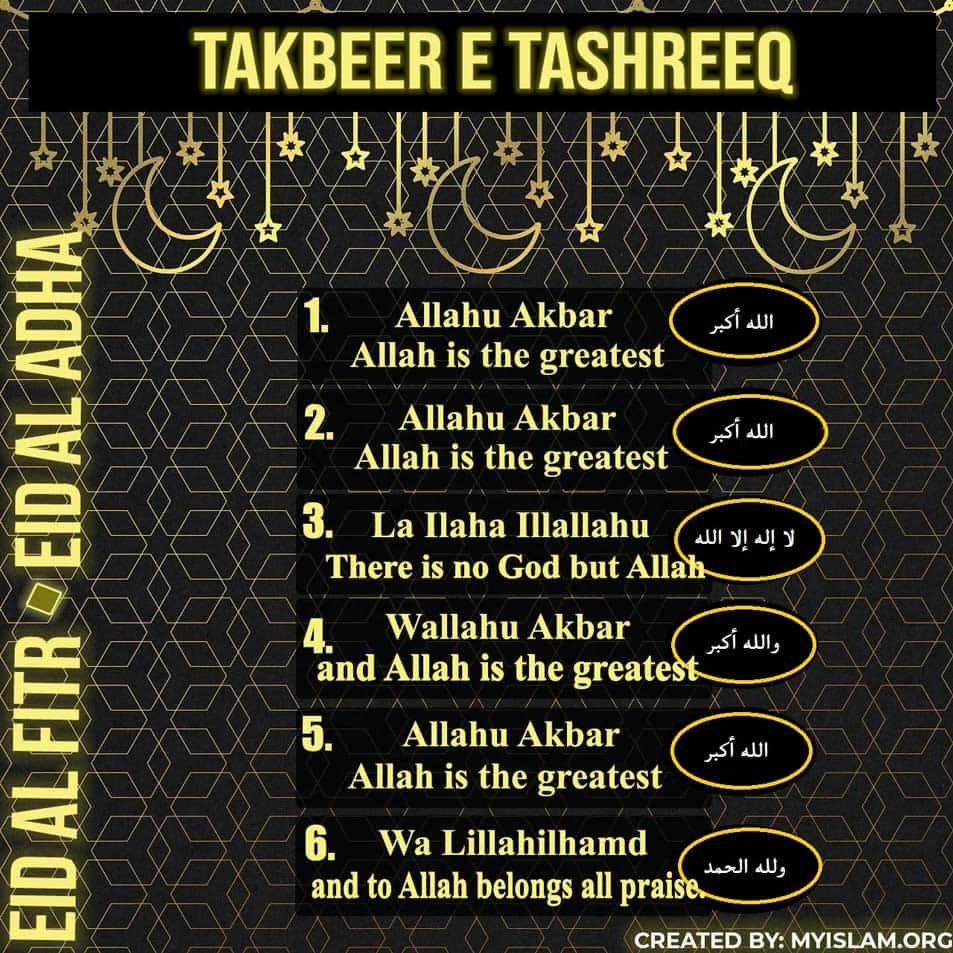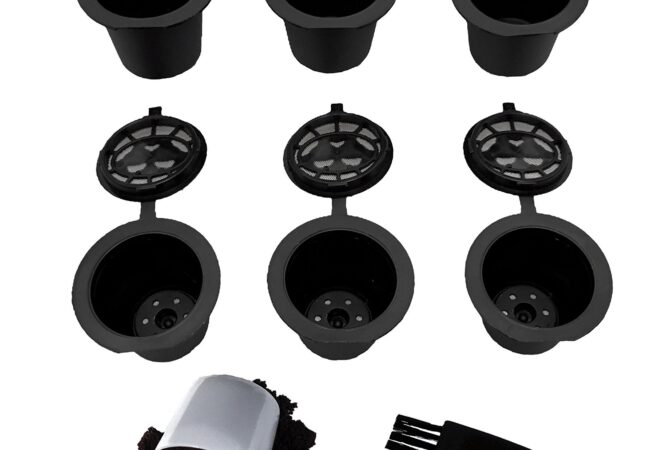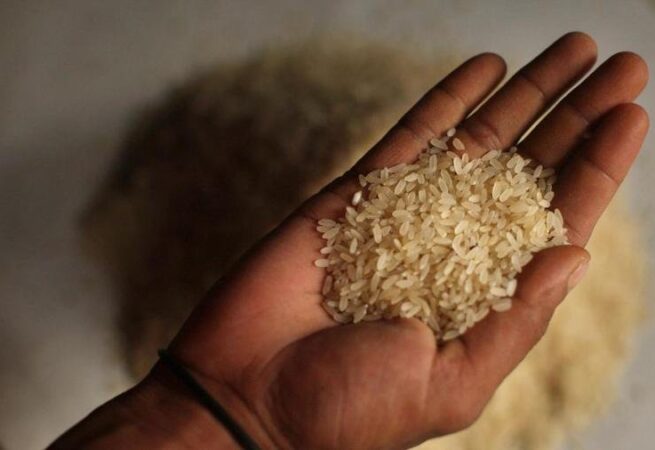

The Ultimate Guide: How Many Takbeer In Eid Prayer
In Eid prayer, there are a total of seven takbeers. These takbeers hold significant importance during the prayer and mark various stages of the prayer itself. Understanding the precise number and timing of these takbeers is crucial for performing the prayer correctly. Let’s delve deeper into the significance and sequence of the takbeers in Eid prayer to ensure a meaningful and fulfilling worship experience. Join us as we explore the beauty and essence of each takbeer in this special prayer ritual.
How Many Takbeer in Eid Prayer: Unraveling the Spiritual Tradition
Welcome, young learners, as we embark on a journey to understand the beautiful tradition of Eid prayer and the significance of Takbeer in this special Islamic celebration. Eid prayer holds a special place in the hearts of Muslims around the world, and knowing the details of how many Takbeer are performed during this prayer can deepen our understanding of this joyous occasion.
The Significance of Takbeer in Islamic Prayer
Before we delve into the specifics of how many Takbeer are performed during Eid prayer, let’s first understand the importance of Takbeer in Islamic prayer. Takbeer refers to the phrase “Allahu Akbar,” which means “God is the Greatest.” This phrase is a declaration of the greatness and majesty of Allah and is recited by Muslims in various prayers and rituals to express their reverence and submission to the Almighty.
During Eid prayer, Takbeer holds a special significance as it signifies the magnificence of Allah and the joy of the Eid celebration. The rhythmic recitation of Takbeer during the prayer creates a sense of unity and harmony among the worshippers, reminding them of the oneness of Allah and the blessings of the festive occasion.
Understanding the Takbeer in Eid Prayer
Now, let’s explore how many Takbeer are performed during Eid prayer. Eid prayer consists of two units (Rak’ahs), and the number of Takbeer recited in each unit varies between different schools of thought within Islam. In this article, we will focus on the common practices followed by many Muslims around the world.
Takbeer in the First Rak’ah
As the Imam (the prayer leader) begins the Eid prayer, the worshippers follow his lead in reciting the Takbeer. In the first Rak’ah of Eid prayer, it is common to perform a total of seven Takbeer, including the opening Takbeer to start the prayer. These Takbeer are recited at specific points in the prayer, each marking a transition from one part of the prayer to another.
After the opening Takbeer, the Imam recites additional Takbeer before reciting the Quranic verses and then proceeds with the Ruku (bowing) and Sujood (prostration) as part of the prayer structure. The worshippers follow the Imam’s lead in performing these acts of devotion, including the recitation of Takbeer at designated moments.
Takbeer in the Second Rak’ah
In the second Rak’ah of the Eid prayer, the number of Takbeer may vary depending on the school of thought and the specific Islamic tradition being followed. However, it is common to recite five additional Takbeer in the second Rak’ah after the opening Takbeer, bringing the total number of Takbeer in the Eid prayer to twelve in some practices.
As the worshippers continue their prayer with humility and devotion, the recitation of Takbeer in the second Rak’ah adds to the spiritual atmosphere of the Eid celebration, reinforcing the themes of gratitude, unity, and renewal that are central to this special occasion.
Conclusion: Embracing the Spirit of Eid Through Prayer
As we conclude our exploration of how many Takbeer are performed in Eid prayer, let us reflect on the importance of this spiritual practice in enhancing our connection to Allah and our fellow worshippers. Eid prayer is not just a routine ritual but a profound expression of faith, gratitude, and community that brings Muslims together in celebration and reflection.
By understanding the significance of Takbeer in Eid prayer and following the traditions with sincerity and devotion, we can deepen our spiritual experience and draw closer to the essence of this sacred occasion. May the blessings of Eid inspire us to cultivate compassion, unity, and love in our hearts and communities, now and always.
Remember, young learners, that the spirit of Eid prayer goes beyond the number of Takbeer recited; it is about opening our hearts to the mercy and guidance of Allah, fostering unity and kindness, and spreading joy and blessings to all those around us. Eid Mubarak!
How to pray Eid Prayer, how many takbeers for Eid Prayer & how to pray it while traveling Assim Al
Frequently Asked Questions
How many Takbeer are said in Eid prayer?
In Eid prayer, there are seven Takbeer in the first Rak’ah, including the opening Takbeer to start the prayer. After the opening Takbeer, six more Takbeer are pronounced before reciting Surah Al-Fatihah.
What is the significance of saying Takbeer in Eid prayer?
The Takbeer in Eid prayer is a way of magnifying and glorifying Allah, showing gratitude for the blessings of Eid, and expressing joy and happiness on this special occasion. It also serves as a reminder of the greatness of Allah and the importance of worship.
Do the number of Takbeer differ in Eid prayer compared to regular prayers?
Yes, the number of Takbeer in Eid prayer differ from regular prayers. In Eid prayer, additional Takbeer are said as part of the special prayer format for the occasion, while regular prayers have a set number of Takbeer depending on the type of prayer being performed.
Final Thoughts
In conclusion, the number of takbeers in Eid prayer is seven in the first rak’ah and five in the second rak’ah. This is a unique aspect of the Eid prayer that distinguishes it from regular daily prayers. Understanding the specific manner in which the takbeers are performed is crucial for observing the prayer correctly. Remembering the required takbeers during the Eid prayer ensures that it is performed in accordance with the traditions of the Prophet Muhammad (peace be upon him).





